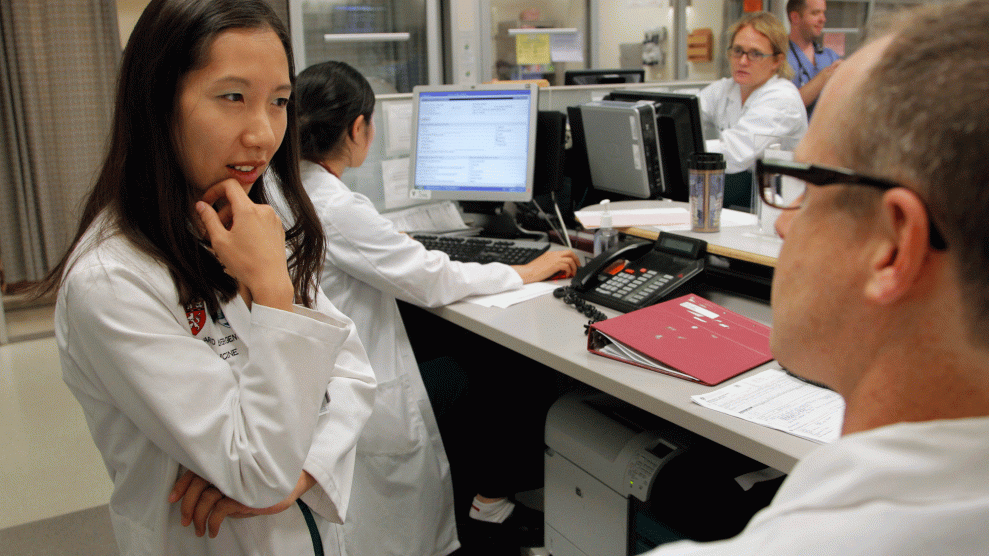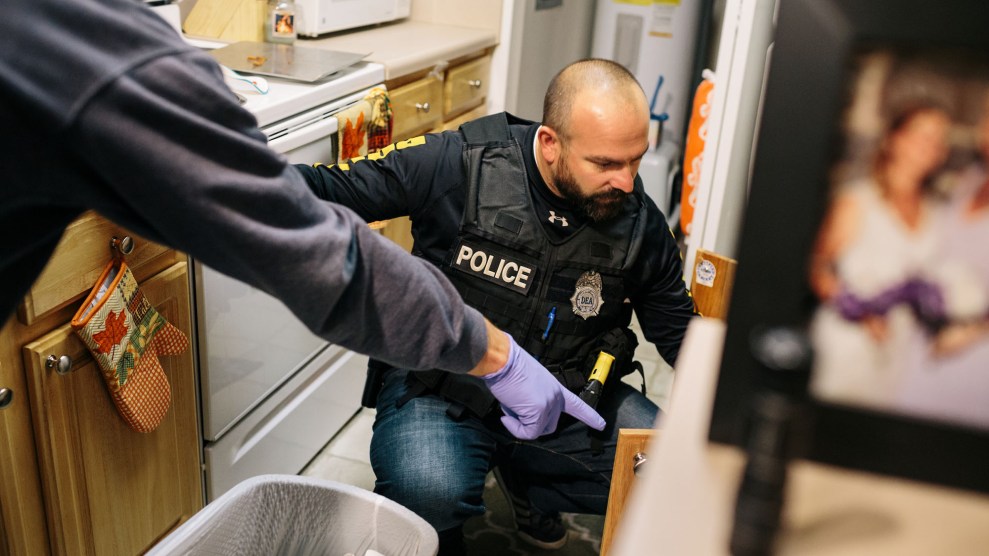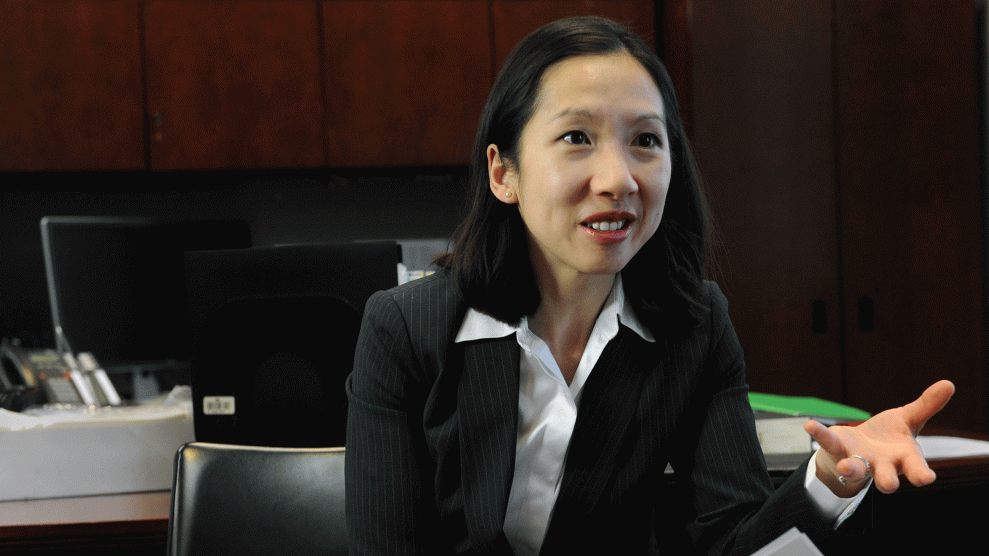
Steven Senne/AP
On Wednesday, Planned Parenthood announced its next president: Dr. Leana Wen, the Baltimore health commissioner and an outspoken critic of the Trump administration’s cuts to public health programs.
Meet our new president, @DrLeanaWen. pic.twitter.com/kNTnYKzww7
— Planned Parenthood (@PPFA) September 12, 2018
Wen, 35, immigrated with her parents to the United States when she was seven years old after China’s Tiananmen Square uprising. Growing up in Compton, California, she was dependent on Medicaid and saw the ravages of public health disparities firsthand: addiction, gun violence, young moms who lacked access to reproductive services. After college—Wen graduated from California State University at age 18—came medical school, a Rhodes Scholarship, and work as an emergency room doctor. Under Wen’s leadership as public health commissioner, Baltimore sued the Trump administration for cutting funding for teen pregnancy prevention, resulting in the restoration of $5 million in grants. She has also fought administration changes to Title X, the family planning program and is leading a lawsuit accusing the administration of intentionally sabotaging the Affordable Care Act.
The announcement comes at a critical time for Planned Parenthood: While the majority of Americans support the organization, Republicans have repeatedly attempted to cut funding. Meanwhile, pro-choice advocates worry that an increasingly conservative Supreme Court could weaken or overturn Roe v. Wade. “A core principle in public health is to go where the need is,” Wen said in a statement, adding that she has relied on Planned Parenthood for her own healthcare. “The single biggest public health catastrophe of our time is the threat to women’s health and the health of our most vulnerable communities.”
But Wen is perhaps best known for her response to the opioid crisis in a city that has been ravaged by the scourge of heroin for decades. She issued a blanket prescription for overdose reversal drug naloxone and helped change how Baltimore’s first responders address clusters of overdoses. She spoke with Mother Jones last year about her approach towards the opioid epidemic and was prominently featured in the mini-documentary series, Finding a Fix. You can watch a portion of it below.
“We can choose to be political, but not partisan,” Wen told Mother Jones when asked about her critiques of the Trump administration. “When these proposals come forth to slash our safety net programs, it’s my job as the city’s doctor to protect the health and wellbeing of our residents. When it’s threatened in these very direct ways, I have to speak up.”













